This very small word can take listeners or readers from reality to the world of what could have been. At least that’s how we’re using it in this episode of Ramping Up your English.
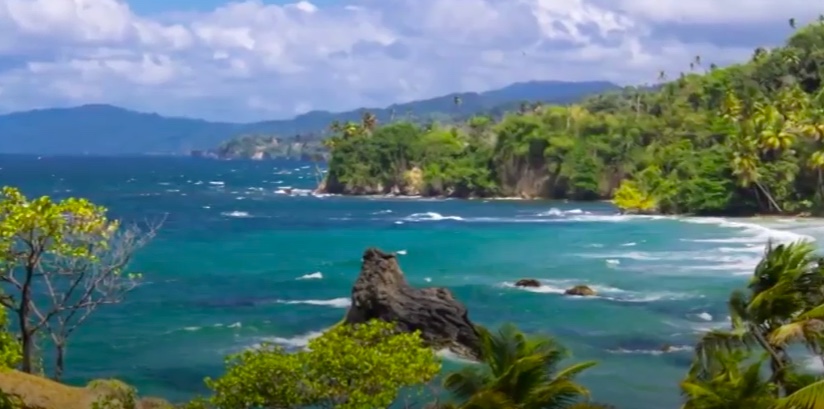
Episode 98 Summary
In 1492 and years following, Christopher Columbus became the first European to contact the Taino people in the West Indies. While the Taino received Columbus and his crew with welcome, curiosity, kindness and friendship, the Spaniards responded with unimaginable cruelty, violence and murder. This episode first takes a look at how the Taino are doing today, and explores the possibility of much better outcomes that would have followed different treatment of these gentle people.
Viewing Episode 98: IF
Archive.org has this episode of Ramping Up your English. To watch the episode ad-free, Click Here. An important note to video producers. By mistake, the video on Archive.org lists “No Derivatives” under Creative Commons license. Derivatives ARE allowed under “Share Alike.” The only restrictions are giving me credit and “No Commercial.” Derive until your heart’s content!
Language Objectives
Use Past Perfect verb tense to construct a conditional clause.
Use Subjunctive Mood to state a non-reality in the past.
Construct a two-clause sentence to communicate a possibility .
Communicate a possible outcome that did not occur in the past, using the functional word IF.
Relate a cause/effect relationship of a non-event in the past, using the Past Perfect Tense, the functional word If, and a conditional clause.
Academic Content Objectives
Characterize the reception Taino Indians gave Columbus on his first voyage to the Americas.
Characterize the treatment given to the Taino people by Europeans during the four voyages of Columbus.
Extrapolate the possible results if the treatment of Native Americans had been different.
Relate the cause/effect relationship between the actions of European explorers and the effects on the native population in America.
Videos Used in this Episode
Our first featured video was about the people of Caribbean Sea – the first people contacted by Europeans. Click here to watch that video. I want to thank Masaman for posting this excellent video on You Tube. He refers to the sources he’s listed on his You Tube page. Here they are below.
Sources: https://www.smithsonianmag.com/travel…https://www.researchgate.net/publicat…https://www.britannica.com/topic/Caribhttps://discoverdominica.com/en/place…https://www.dailymail.co.uk/news/arti…
Related Videos
Native Americans on the North American continent carried on their lives as normal while Columbus was bringing drastic changes to the lives of Tainos and other Caribbean people. This video is about Native Americans in Arkansas. Click here to watch.
Learning Materials
The concept of using the word “if” to communicate a possibility in the past if actions or events had been different – that’s a very difficult matter to explain and use. Here are some of the visual materials we used to help reach this advance level of communicating in English.
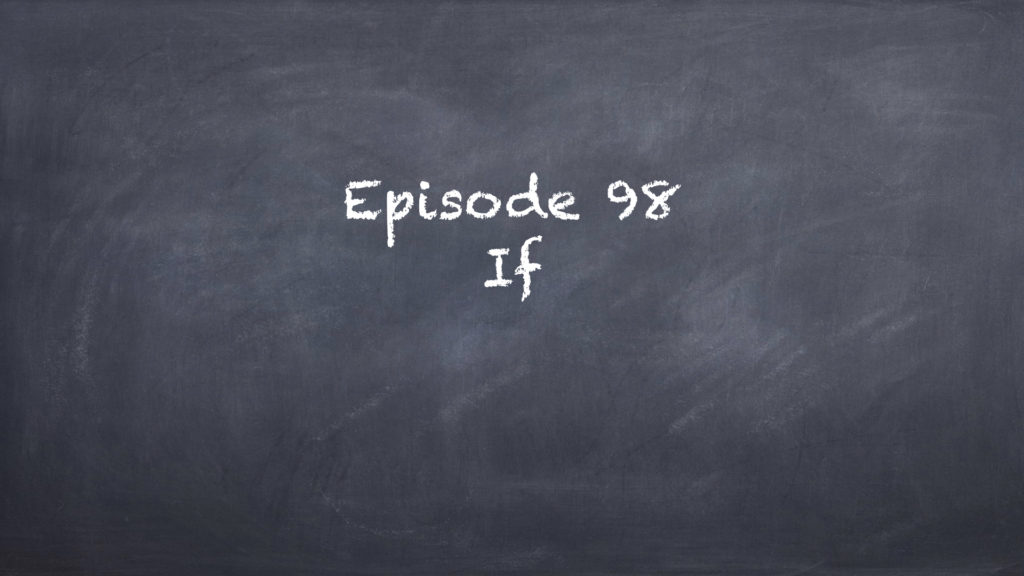
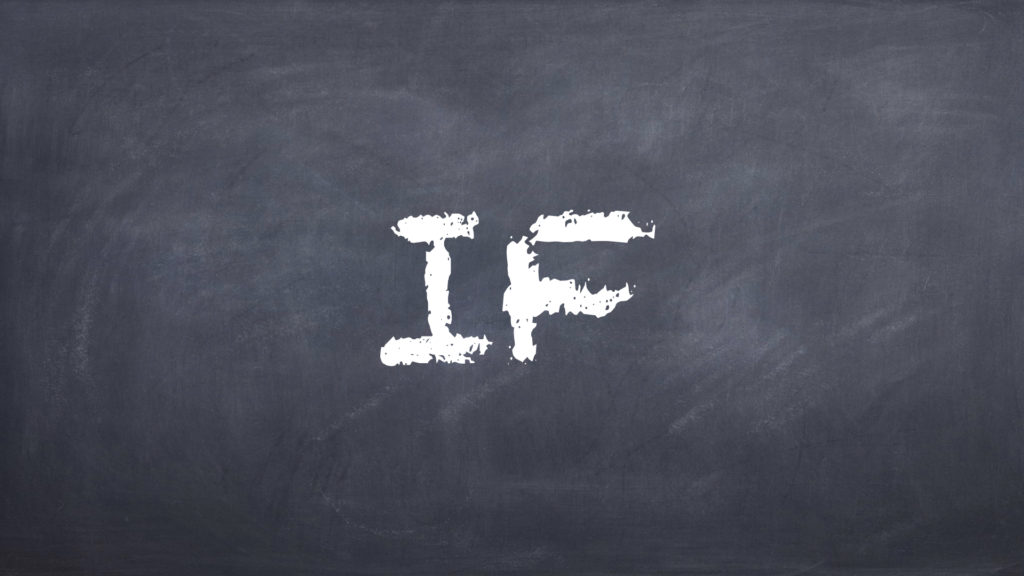
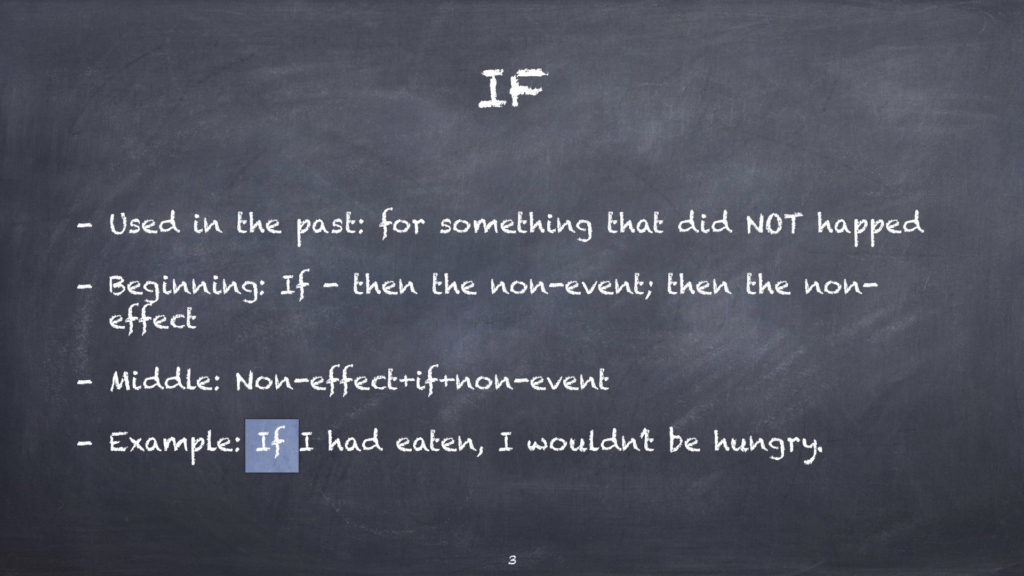
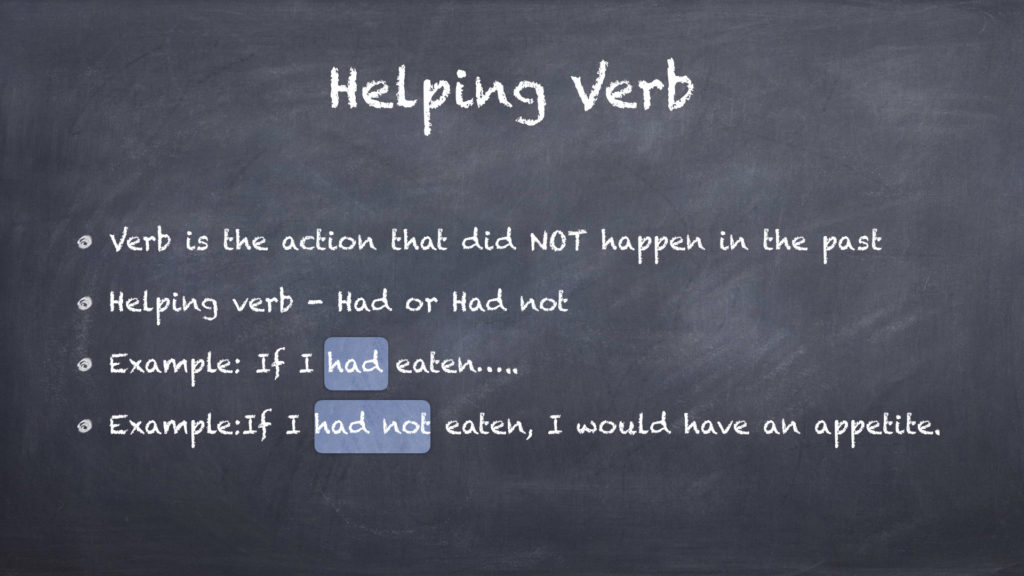
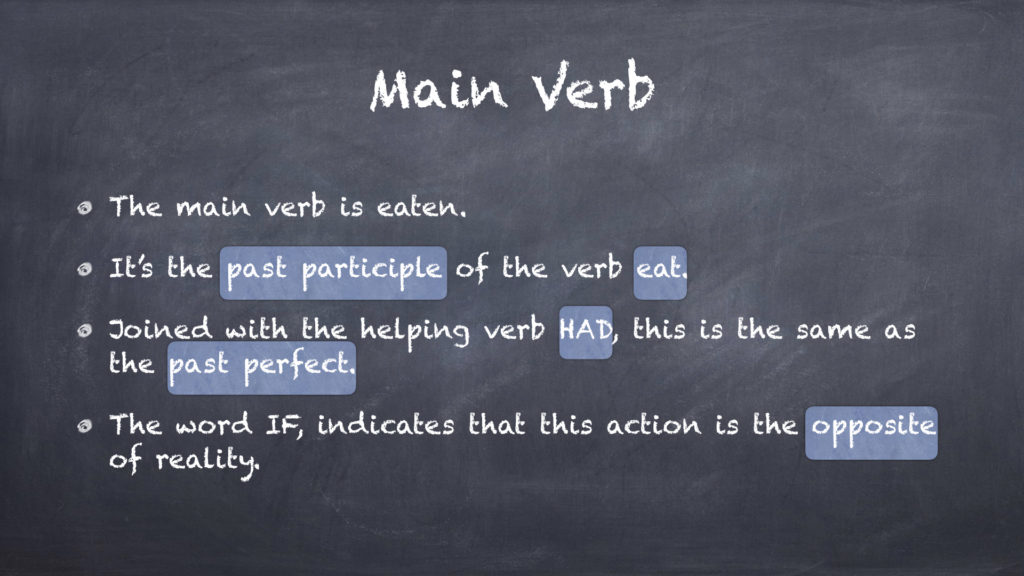
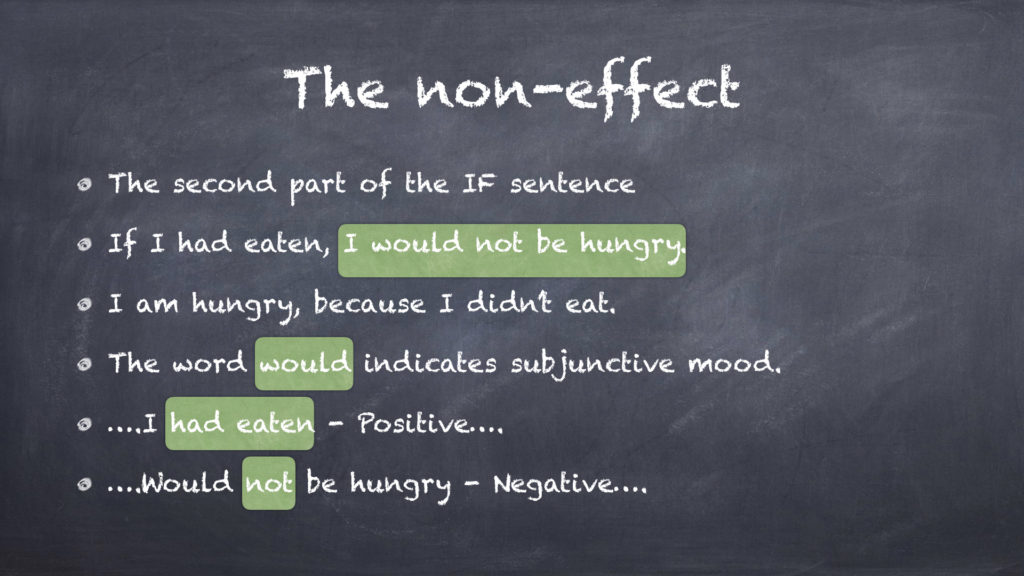
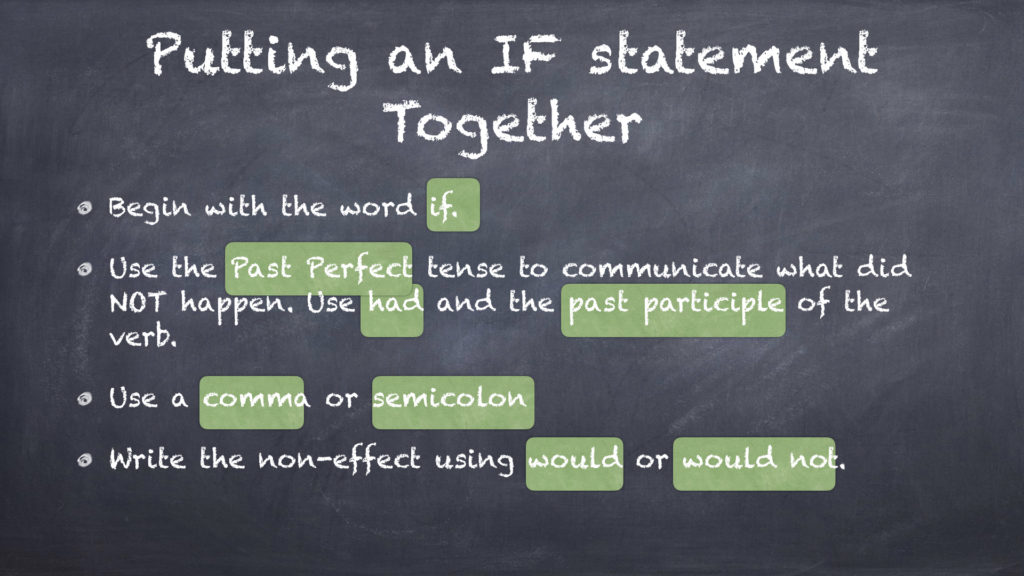
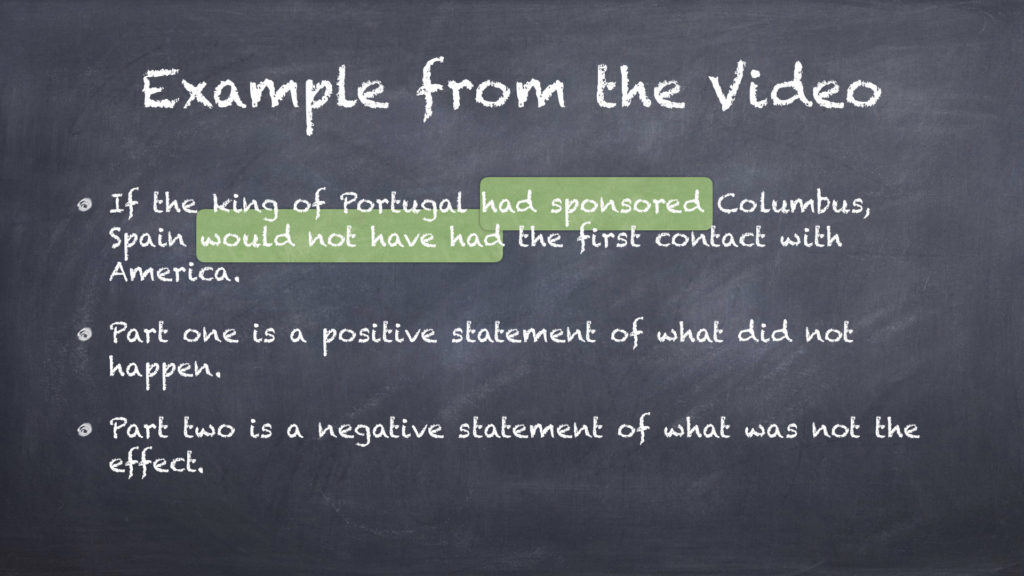
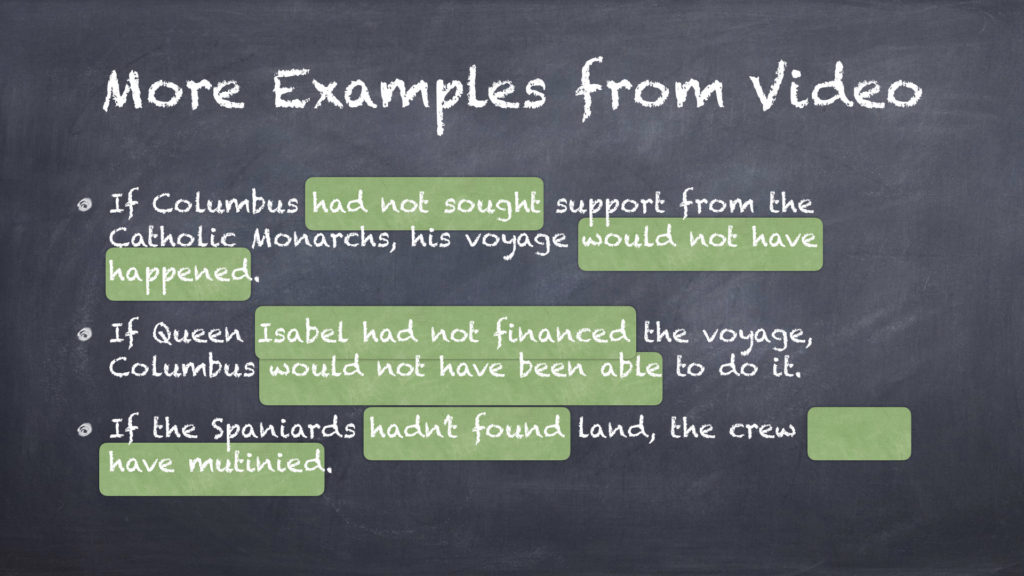
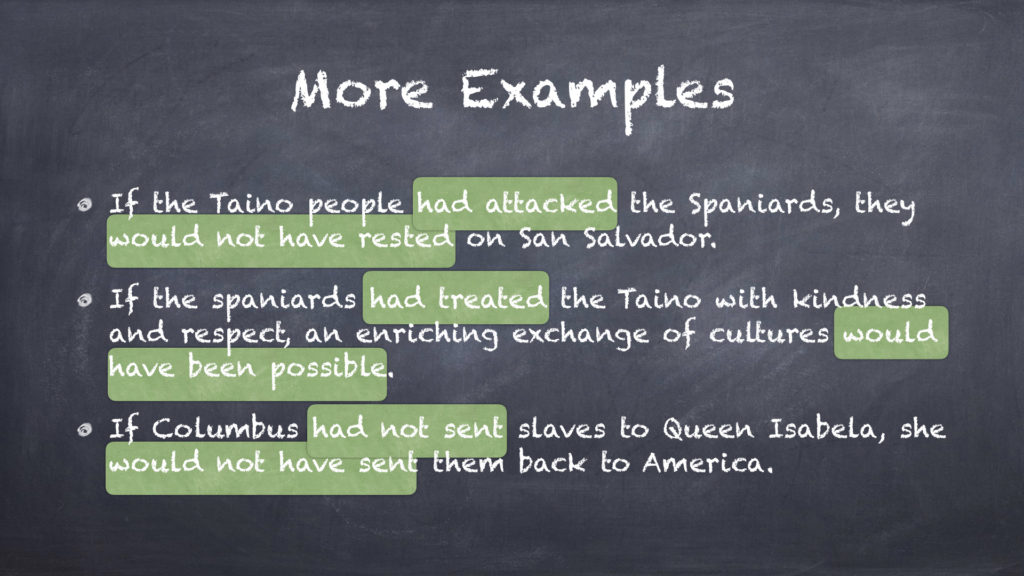
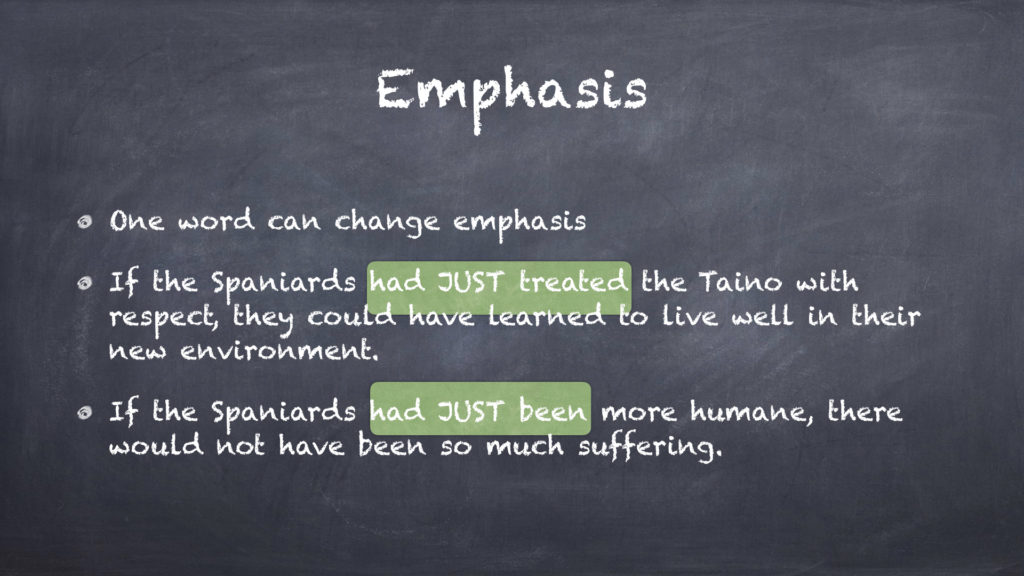
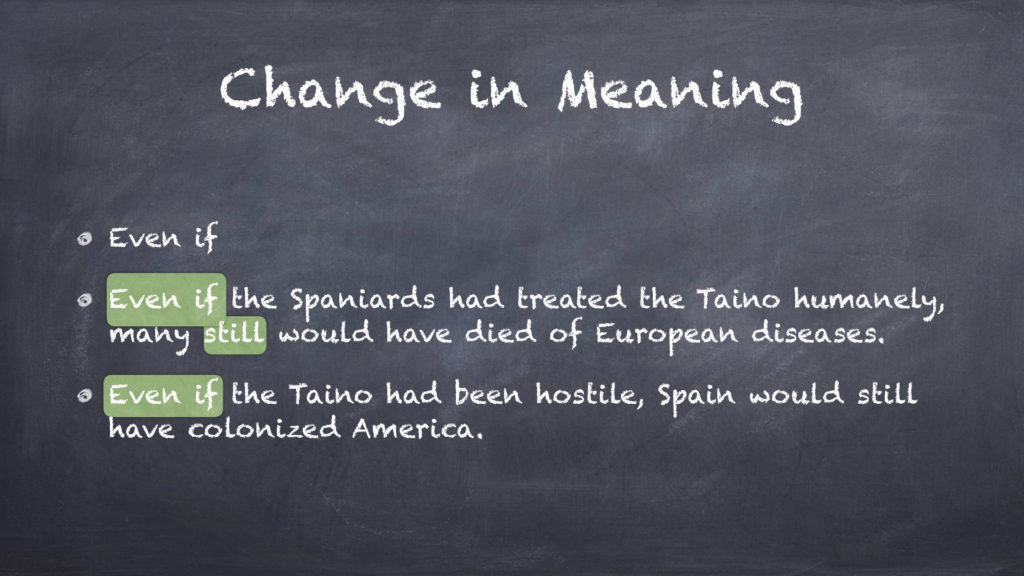
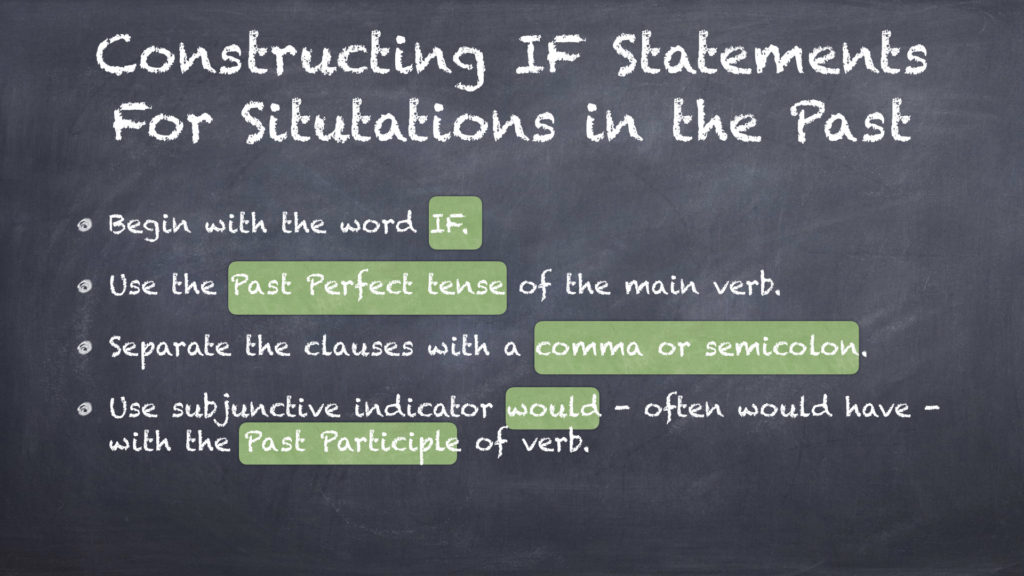
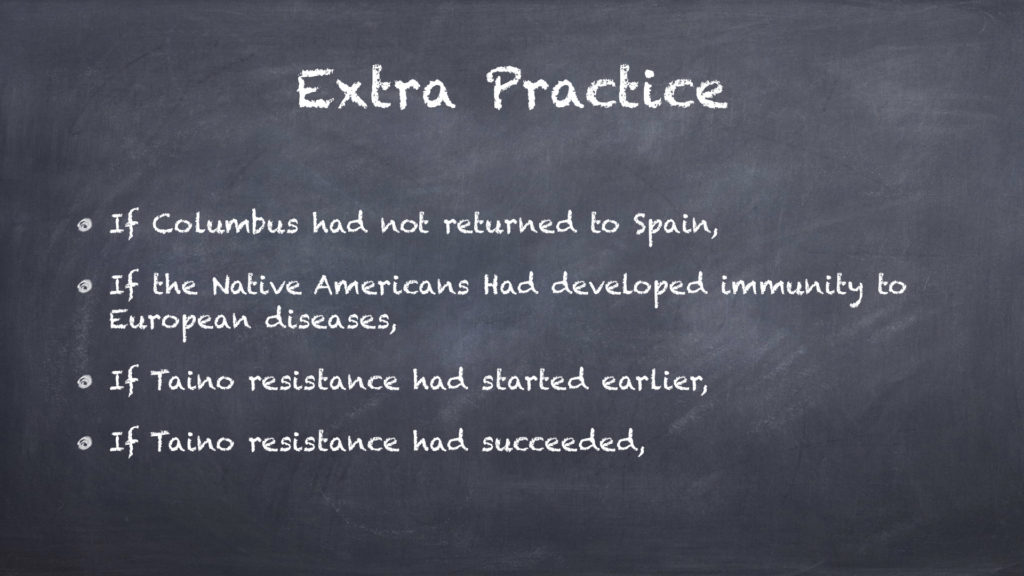
About the Next Episodes
The next five episodes of Ramping Up your English contain very long videos. There’s no direct language instruction, yet these present an excellent opportunity to practice the skills of this episode and more.
One the corresponding Episode Pages, I’ll post activities viewers can do to launch into higher proficiency levels using these episodes. There are numerous opportunities to apply previous lessons while viewing any video – whether produced by me are any other artist.
Next Episode
Episode 99 will feature a video entitled Los Epanoles. In the years following the Voyages of Columbus, events occurred that brought unimaginable changes to the world, but for Spain and for Native Americans and even Pacific Island dwellers. There’s plenty in that video for practicing the use of the word “if” to communicate a different possible past.
Episode 99 is focused on the activities of explorers from Spain. These explorers and conquistadors had profound and lasting effects on Native Americans and other people as well. Click here to watch Episode 99: Los Espanoles.